By searching sparsely populated regions of the galaxy, astronomers have for the first time found the source of a kind of signal that has puzzled them for years.
Get the latest international news and world events from around the world.

Light-Speed AI: MIT’s Ultrafast Photonic Processor Delivers Extreme Efficiency
A new photonic chip designed by MIT scientists performs all deep neural network computations optically, achieving tasks in under a nanosecond with over 92% accuracy.
This could revolutionize high-demand computing applications, opening the door to high-speed processors that can learn in real-time.
Photonic Machine Learning

What MIT Scientists Discovered About Manta Rays Is Revolutionizing Water Filtration
MIT engineers have discovered that the mobula ray, a type of filter-feeding aquatic ray, utilizes a unique mechanism to feed and breathe simultaneously, which could revolutionize industrial water filters.
By studying the geometry of the ray’s mouth and gill structures, they developed a blueprint for more efficient filtration systems, balancing permeability with selectivity to enhance performance without increasing energy consumption.
Filter Feeding and Engineering Insights.

MIT Unveils a Biodegradable Alternative to Microplastic Beads
MIT researchers have developed an environmentally friendly alternative to the harmful microbeads used in some health and beauty products.
These new polymers break down into harmless sugars and amino acids and could also encapsulate nutrients for food fortification, showing promise in both cosmetic and nutritional applications.
Biodegradable Solutions by MIT.
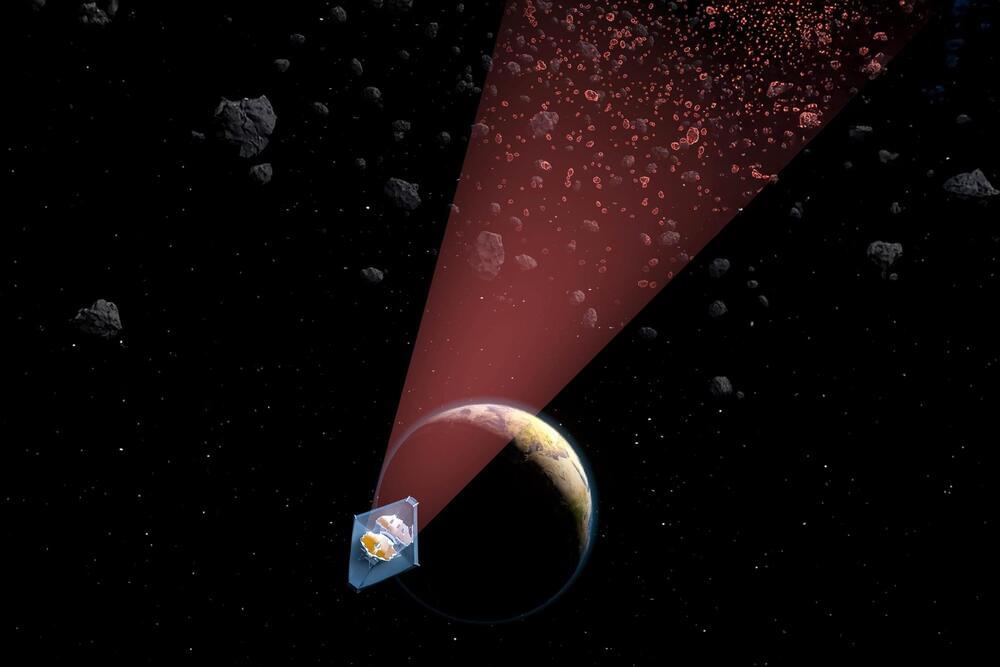
MIT Unveils Breakthrough in Detecting Tiny Asteroids, Boosting Planetary Defense
Researchers at MIT have developed a method to detect small asteroids in the main asteroid belt, significantly improving our ability to spot objects as little as 10 meters across.
This new technique, which identified 138 space rocks ranging from bus-to stadium-sized, allows for earlier detection and better tracking of potential near-Earth objects, enhancing planetary defense. The approach, using data from telescopes initially aimed at exoplanets, has uncovered over a hundred new asteroids, with implications for understanding asteroid origins and collision processes.
Advancements in Asteroid Detection.

Inside the Nano-Universe: New 3D X-Ray Imaging Transforms Material Science
A cutting-edge X-ray method reveals the 3D orientation of nanoscale material structures, offering fresh insights into their functionality.
Researchers at the Swiss Light Source (SLS) have developed a groundbreaking technique called X-ray linear dichroic orientation tomography (XL-DOT). This method reveals the three-dimensional arrangement of a material’s structural building blocks at the nanoscale. Its first application focused on a polycrystalline catalyst, enabling scientists to visualize crystal grains, grain boundaries, and defects—critical features that influence catalyst performance. Beyond catalysis, XL-DOT offers unprecedented insights into the structure of various functional materials used in information technology, energy storage, and biomedical applications.
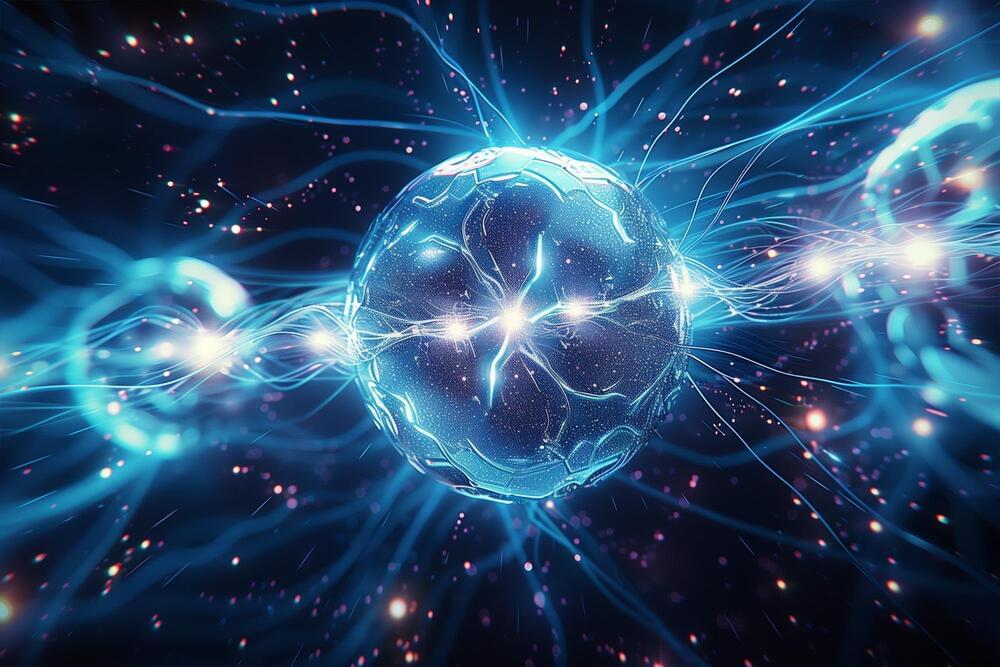
A Physics Discovery So Strange It’s Changing Quantum Theory
Theory of quantum anomalous Hall phases in pentalayer rhombohedral graphene moiré structures https://arxiv.org/abs/2311.
MIT physicists surprised to discover electrons in pentalayer graphene can exhibit fractional charge.
New theoretical research from MIT physicists explains how it could work, suggesting that electron interactions in confined two-dimensional spaces lead to novel quantum states, independent of magnetic fields.
Groundbreaking Discovery in Graphene
MIT physicists have made significant progress in understanding how electrons can split into fractional charges. Their findings reveal the conditions that create exotic electronic states in graphene and other two-dimensional materials.
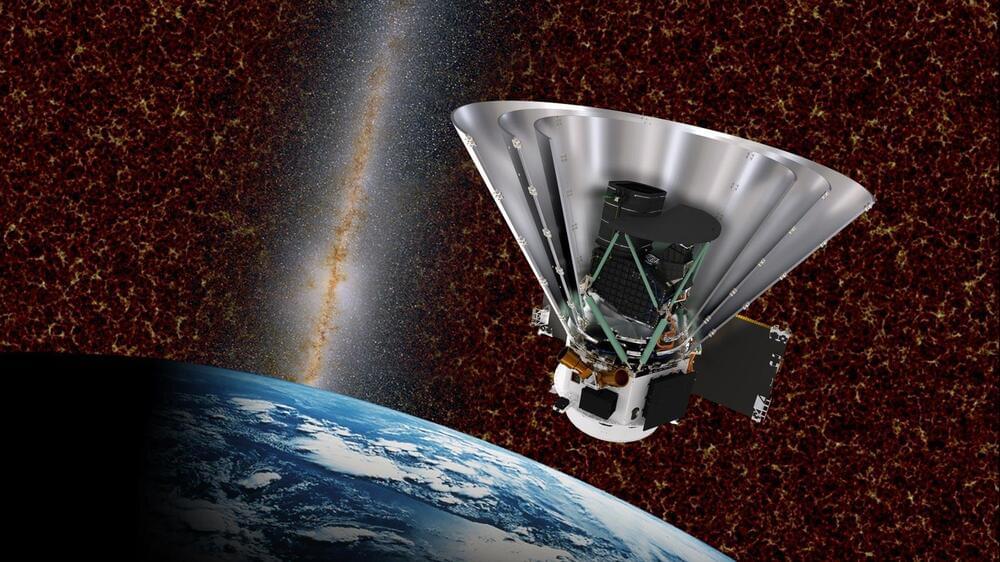
NASA and SpaceX Set To Unlock the Universe’s Secrets With SPHEREx Launch in Early 2025
NASAs SPHEREx observatory will lend insight into what happened after the Big Bang, measure the glow of galaxies near and far, and search the Milky Way for building blocks of life.
NASA and SpaceX are planning to launch the SPHEREx astrophysics observatory in late February 2025. SPHEREx, which stands for Spectro-Photometer for the History of the Universe, Epoch of Reionization, and Ices Explorer, will lift off aboard a SpaceX Falcon 9 rocket from Vandenberg Space Force Base in California.
Roughly the size of a subcompact car, SPHEREx will enter a polar orbit around Earth. From there, it will map the entire sky in 3D by capturing images in every direction, similar to scanning the inside of a globe. The resulting map will feature hundreds of millions of stars and galaxies, displayed in 102 distinct colors, each representing a unique wavelength of light.
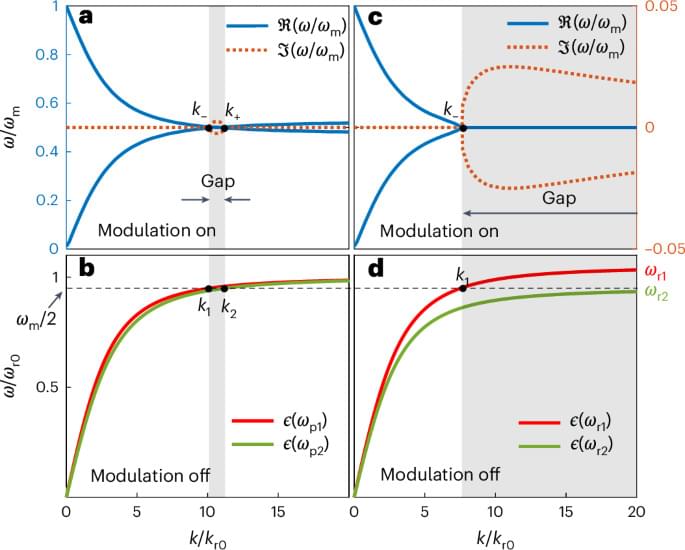
Expanding momentum bandgaps in photonic time crystals through resonances
The size and strength of the momentum bandgap improve as the quality factor of the metasurface increases. Figure 3f shows that metasurfaces with a higher Q-factor provide wider momentum bandgaps for surface waves with larger amplification rates, assuming the same modulation function. In comparison, the metasurface discussed in Fig. 3b–e has a quality factor of Q = 2.44. Moreover, for sufficiently large Q-factors (Q ≥ 9.75), a second momentum bandgap opens inside the light cone, that is, for propagating waves. The size of the second bandgap grows with the quality factor of the metasurface because resonances with longer lifetimes suffer from smaller radiation losses and require weaker modulation to maintain the same amplification rate. When the quality factor takes sufficiently large values, the two bandgaps merge and the metasurface can amplify incident waves with all possible momenta k ∣ ∣ (see Fig. 3f).
We place a dipole emitter above the metasurface to demonstrate this infinite momentum bandgap (see Fig. 3g). The dipole radiation includes a wide spectrum of momenta, as shown in the upper panel of the figure. Once the temporal modulation of the metasurface is on, waves with all different momenta are amplified and radiated in the specular and retro-directions with respect to the source; see the lower panel in Fig. 3g. This leads to interesting possibilities such as amplified emission and lasing of light from a radiation source6. In contrast to the idea suggested in ref. 6, due to the substantially enhanced bandgap, it is possible here to amplify emission with a large and, in principle, tunable spectrum of wavenumbers. This provides opportunities for beam shaping of the amplified signal and for creating perfect lenses31. Indeed, the evanescent wave content of the source radiation can be reconstructed effectively thanks to the amplification of the wide range of k ∣ ∣. In Supplementary Section 5, we demonstrate that evanescent and propagating wave components of the radiating dipole are amplified by the metasurface in reflection and transmission regimes.
To provide a feasible optical realization of the resonant PTC, we consider a penetrable metasurface surrounded by air and consisting of dielectric nanospheres that are made of a material with a time-varying permittivity (see Fig. 4a). Each nanosphere effectively behaves as an LC resonator as it supports Mie resonances32. For simplicity, we initially ignore material dispersion. The permittivity associated with each nanosphere reads \(\varepsilon (t)=1+{\chi }_{0}[1+m\cos ({\omega }_{{\rm{m}}}t)]\). Varying the permittivity in time modulates the Mie resonance frequencies of the nanospheres (see Fig. 2b). In the following, we rely on the T-matrix method to study the optical response from such a metasurface33 (see Methods and Supplementary Section 6 for details).
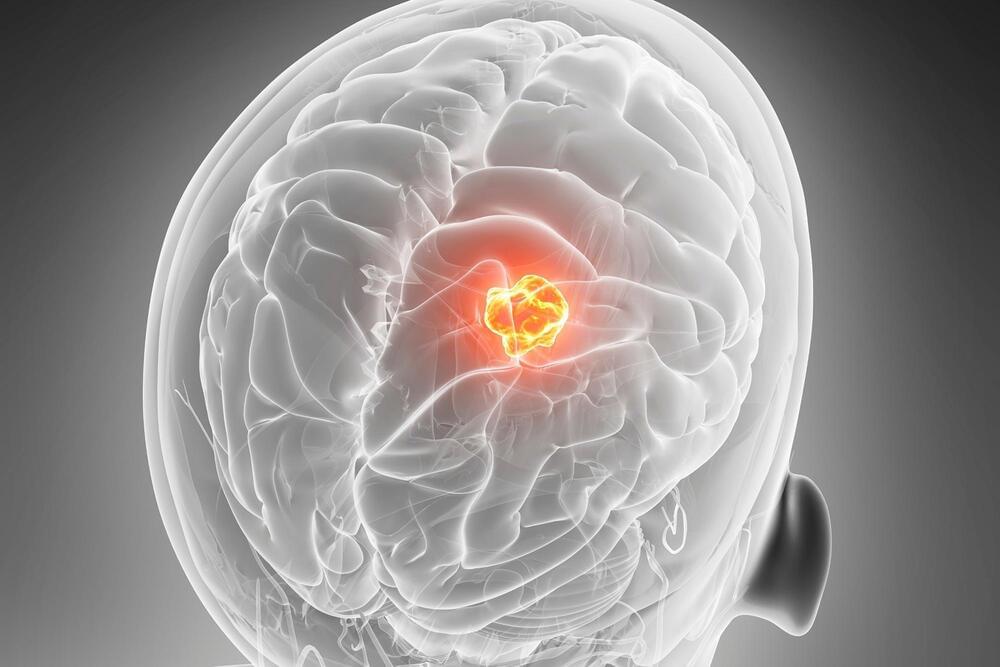
Deadly Timekeeping: How Brain Tumors Use Your Body Clock Against You
Research from Washington University shows that glioblastoma, a type of brain cancer, has its own internal clock that synchronizes with the host’s circadian rhythms to optimize its growth by responding to daily hormone releases like cortisol.
Targeting these circadian signals in treatment slowed tumor growth significantly in both lab and animal studies. This synchronization could explain the mixed effects of dexamethasone, a common treatment, depending on the timing of its administration. The study highlights the potential of chronotherapy, aligning treatment with the body’s natural rhythms, to improve cancer outcomes.
Circadian Rhythms and Human Biology.